A Cibus, Grana Padano insieme a AICIG (Associazione Italiana Consorzi Indicazioni Geografiche) ha lanciato un #sosfoodblogger e noi food blogger siamo accorsi numerosi in difesa del made in italy di qualità.
Divisi in squadre, ci siamo addentrati in questo grande salone internazionale dell’alimentazione seguendo ognuno dei mini tour degustativi.
Oliva Bella della Daunia
Prosciutto di Parma
Grana Padano
Mozzarella di bufala
Prosciutto Toscano
Aceto Balsamico di Modena
Patata della Sila
Vastedda del Belice
Mortadella Bologna
Abbiamo appreso la storia, le caratteristiche e le peculiarità di diversi prodotti. Assaggiato meravigliose leccornie e fatto la loro analisi sensoriale. Conosciuto e chiacchierato con quei produttori che ogni giorno lavorano con impegno e passione per garantirci prodotti sani e di qualità, seguendo scrupolose regole e attenendosi a severi controlli. Assistito allo show coking dello stellato Stefano Cerveni che ha deliziato i nostri palati con dei sorprendente piatti preparati proprio con questi prodotti d’eccellenza. E ora, siamo pronti a dire la nostra, o meglio, sono pronta a dire la mia!
La cosa bella è che il cibo italiano è un’icona di buon gusto nel mondo.
La cosa brutta è che l’italian sounding è un fenomeno in costante crescita e ancor più grave è che le leggi comunitarie, purtroppo, legittimano l’imitazione evocativa e visiva di prodotti per nulla riconducibile al nostro Paese che, inevitabilmente, disorientano la scelta del consumatore.
Ci sono numerosi prodotti alimentari stranieri, i cosidetti cibi fake, che arrivano e spopolano non solo all’estero ma anche nei nostri supermercati. Si vestono di packagin accattivanti, di slogan e immagini ingannevoli, di prezzi decisamente concorrenziale che attirano l’attenzione e inducono il consumatore ad acquistarli.
Ma da dove arrivano lo sappiamo?
Se si legge l’etichetta la maggior parte delle volte (per non dire quasi sempre) non c’è scritto nulla, le origini del prodotto sono ignote. Eppure, è un nostro diritto avere la “trasparenza d’informazioni” per scegliere liberamente cosa acquistare.
A differenza di molti altri Stati, la normativa italiana, infatti, obbliga a indicare in etichetta informazioni precise circa l’origine del prodotto e delle materie prime utilizzate per garantire sicurezza e qualità.
Consumare un prodotto creato chissà dove e commercializzato senza alcun rispetto delle regole igienico-sanitarie rappresenta un grave rischio per la salute.
È vero che in tempo di crisi bisogna stare attenti a ciò che si spende, ma vale la pena fare tagli così drastici sul cibo per poi ritrovarsi a spendere fior fiori di soldi in medicine? Io penso proprio di no e mai come ora concordo col detto che dice “siamo ciò che mangiamo”.
Scegliere un prodotto con marchio DOP, IGP, IGT, BIO, DOC O DOCG non fa figo, vuol dire fare una scelta consapevole e prediligere la sicurezza di un prodotto sano e buono. Questi non sono simboli di bellezza posti sulle confezioni degli alimenti ma veri e propri marchi di alta qualità, oggi gli unici a essere regolamentati, gli unici che garantiscono maggiori controlli e certificazioni lungo tutta la filiera di produzione.
Non vi sto dicendo di comprare solo prodotti marchiati, v’invito semplicemente a scegliere secondo coscienza e vi chiedo di unirvi anche a voi a questo appello di sensibilizzazione di Stefano Berni, Direttore Generale del Consorzio Grana Padano:
“Aiutateci a non vanificare la serietà e la competenza di un sistema che
lavora da sempre per offrire qualcosa di veramente buono e stimolate i
consumatori a pretendere di sapere sempre cosa stanno acquistando.”
Grana Padano roar #sosfoodblogger
Grana Padano in association with AICIG (Italian Association Consortia Geographical Indications) has launched to Cibus an #sosfoodblogger and we, as food blogger, are flocked in defense of the quality Made in Italy.
Divided into teams, we have embarked on this great international exhibition following each of us mini-tasting tours.
We have learned the history, characteristics and peculiarities of different products. We tasted wonderful goodies and made their sensory analysis. We met and talked to those people who work every day with passion and commitment to guarantee us healthy and quality products, following meticolous rules and adhering to strict controls. We have seen the show of the award-winning Stefano Cerveni who has delighted our palates with amazing dishes prepared with these products of Excellence. And now, we are ready to have our say, well, I’m read to have my say!
The amazing thing is that Italian food is an icon of good taste all over the world.
The bad thing is that Italian sounding is a growing phenomenon and even more serious is that Community law, unfortunately, legitimize the evocative and visual imitation of products for anything related to our Country, which inevitably disorient the choice of consumer.
There are many foreign food, the so-called fake foods that arrive and depopulated not only abroad but also in our supermarkets. Dress in eye-catching packaging, misleading slogans and images, in very competitive prices that attract the attention and induce the consumer to buy them.
But do we know where they come from?
Most of the day (not to say almost always), if you read the label, there is nothing written and the origins of the product are unknown. Nathless, it’s our right to have the “trasparency of information” to choose what to buy.
Unlike many other States, the Italian legislation in fact obliged to indicate on the label, accurate information about the origin of the product and the raw materials used to ensure safety and quality.
Consume a product created who knows where and marketed without any respect for sanitary rules, is a serious health risk.
It’s true that in times of crisis you have to be careful about how much you spend but it’s worth making such drastic cuts on food only to find themselves spending a lot of money in medications? I really don’t think so and now more than ever I agree with the saying that goes “you are what you eat”.
Defend ourselves from the fake italian food
It’s not just an economic issue or a damage to the image of our “Bel Paese”,
especially concerns the preservation of our health.
Choose a product with the brand DOP, IGP, IGT, BIO, DOC or DOCG is not cool, but it means making a conscious choice and prefer the security of a good and healthy product. These are not symbols of beauty placed on food packaging but real high quality brands, today the only ones to be regulated, the only ones that provide more controls and certifications along the entire production chain.
I’m not telling you to buy only branded products, I simply invite you to choose according to your conscience and I ask you to join you too this awareness-raising appeal of Stefano Bern, the General Manager of the Grana Padano Consortium:
“Help us not to nullify the seriousness and the competence
of a system that has always worked to offer something good and
encouraged consumers to expect to always know what they are buying.”
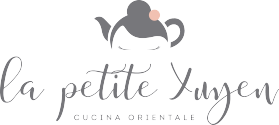
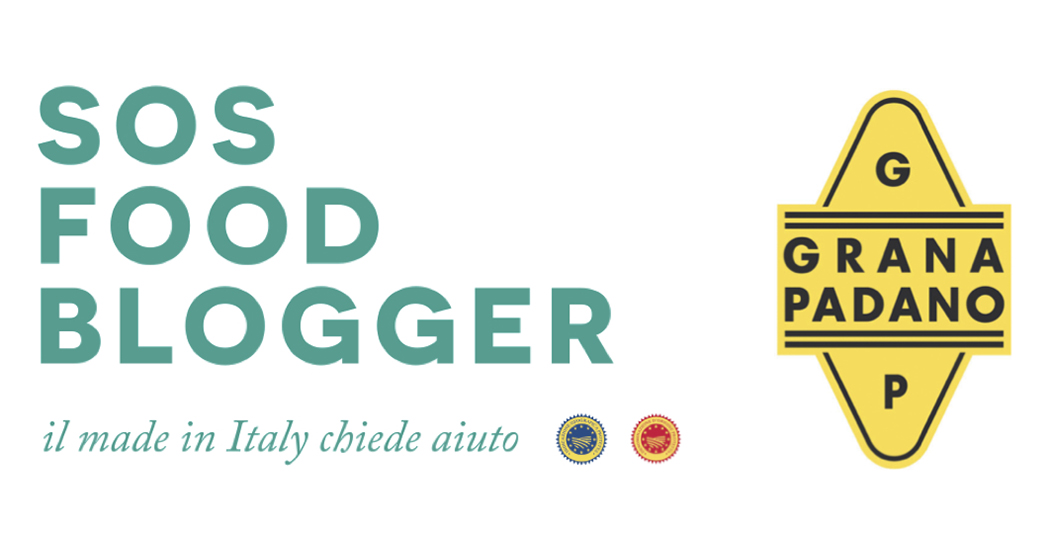
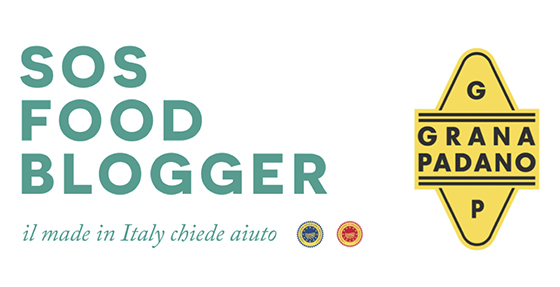
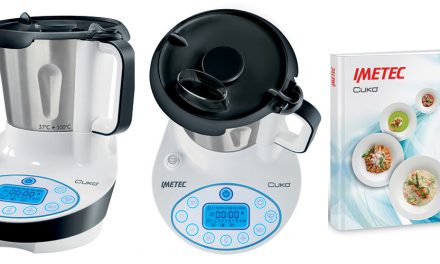

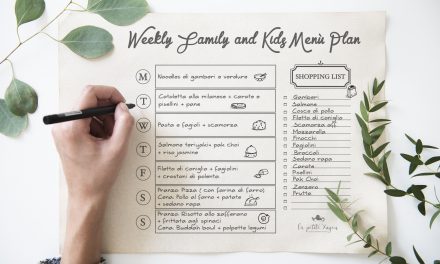





E se oltre a stimolarli si fornissero gli strumenti per verificare ed informarsi?
Ci sono tutte le tecnologie per farlo e i consorzi sarebbero i “delegati autorevoli”.
Nell’interesse loro e dei clienti consumatori.
avrei qualche idea da condividere.. Giovanna, ne parliamo?
Ciao Paolo,
ma certamente, parliamone!
Io son sempre aperta a nuove idee e iniziative, specie se possono essere di aiuto per tutti.
Di che si tratta?